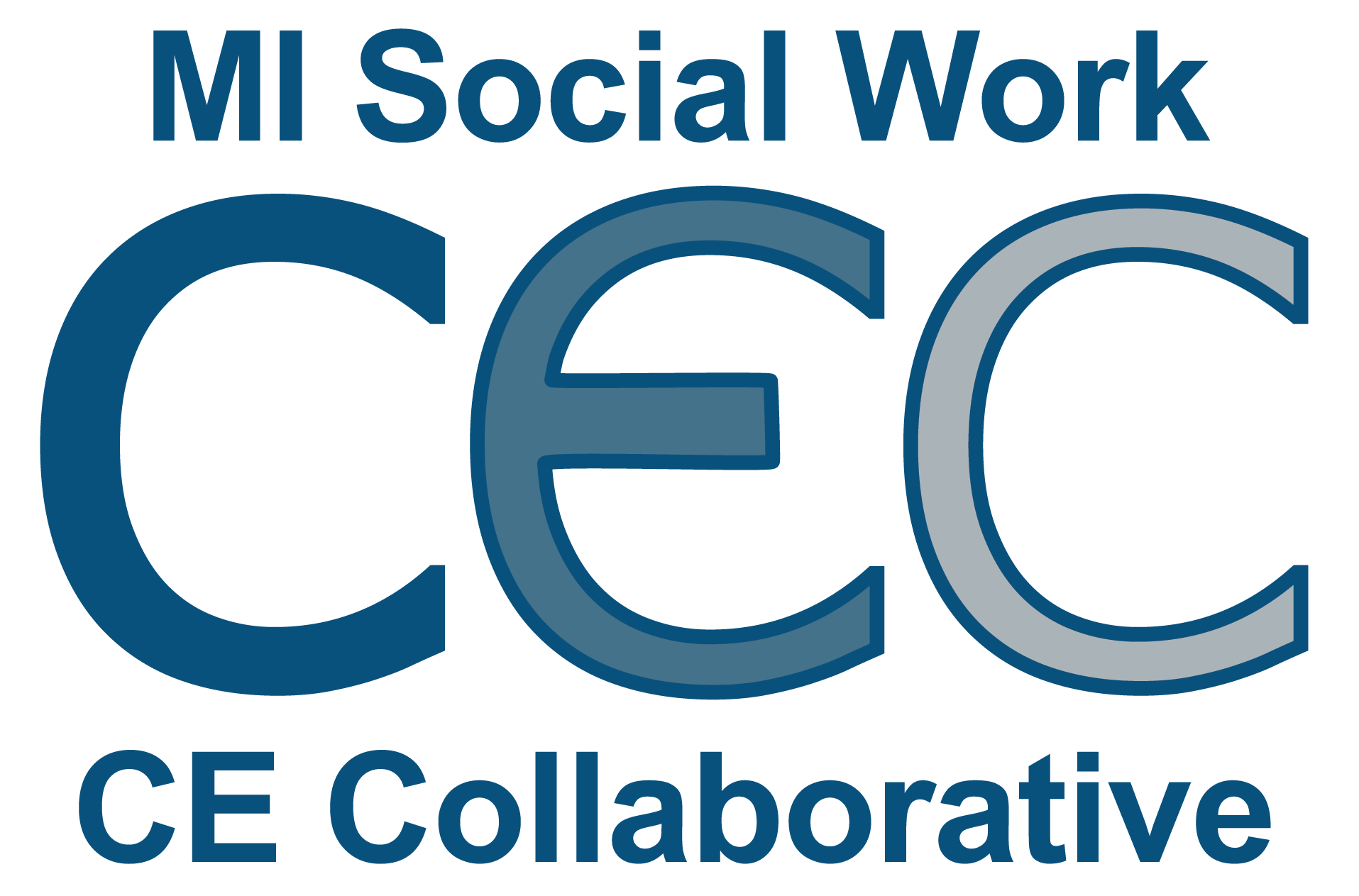Course Description:
Over-the-counter (OTC) drugs are medications available without a prescription to the general public and have been recognized by the US Food and Drug Administration as safe if used at recommended doses. OTC medicines treat various illnesses and their symptoms, including pain, coughs and colds, diarrhea, constipation, acne, allergies, nasal congestion, and others. Unfortunately, as is the case with illegal and prescription drugs, OTC medications can also be abused. Some OTC medicines have active ingredients with the potential or addiction and misuse at higher-than-recommended dosages. Examples to be discussed in this webinar include:
• Dextromethorphan (DXM)
• Dimenhydrinate (Dramamine)
• Diphenhydramine (Benadryl)
• Promethazine (Phenergan)
• Pseudoephedrine (Sudafed)
• Antidiarrheal drugs that contain loperamide (Immodium)
• Nicotine replacement therapy
The misuse of OTC medication occurs when the drug is taken in a manner or dose other than what is directed on the packaging. Taken in higher dosages or with other medicines, OTC drugs will cause intensified effects and, in some cases, euphoric states of consciousness. Many combinations and dosages outside the package directions can create a psychoactive state in the person taking the drug. These actions can pose a risk of developing an addiction.
This new webinar will deeply explore the systemic connections between untreated periodontal disease and chronic systemic disease. It will also describe current therapies for Periodontal Disease, including scaling, antibiotics, surgery, and treating risk factors.
Sponsor:
Institute for Natural Resources
CE Credits: 3
Contact Information:
INR Customer Service Department
877-246-6336
info@inrseminars.com
